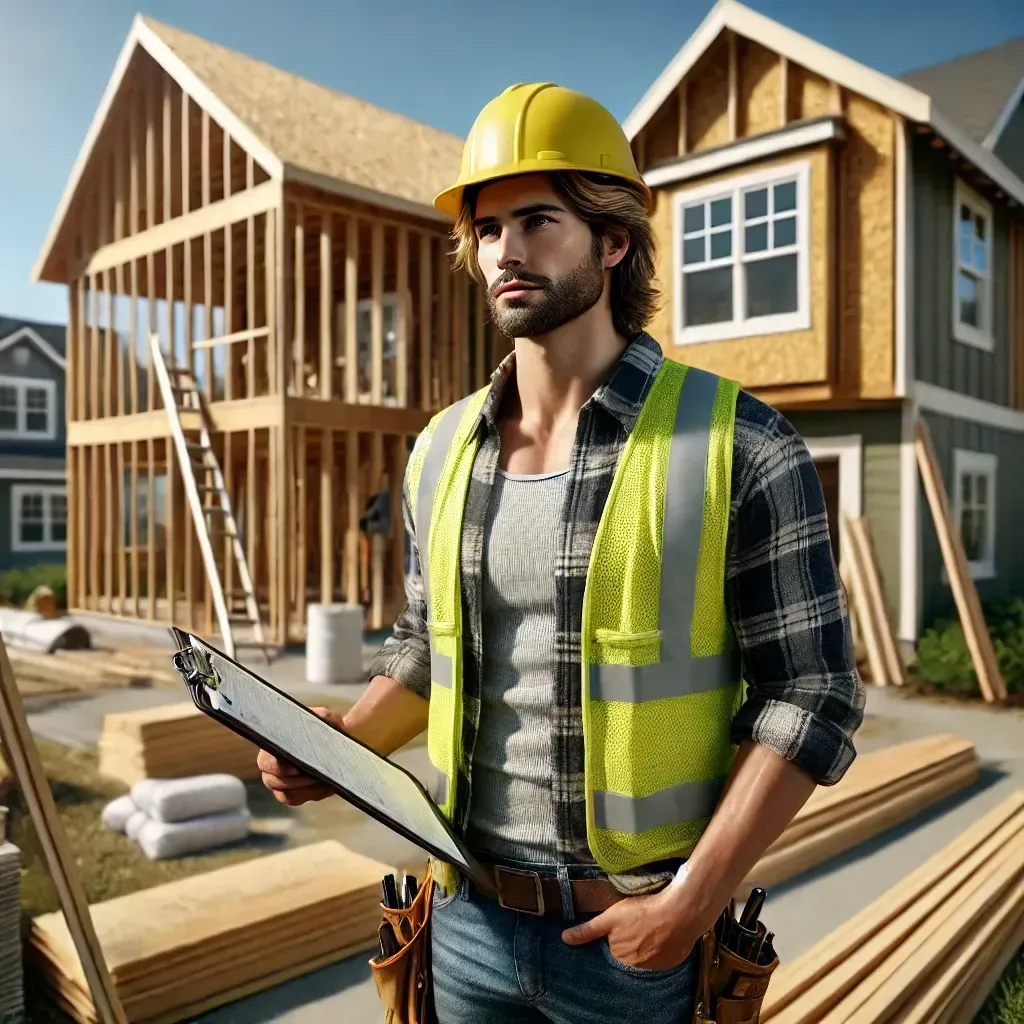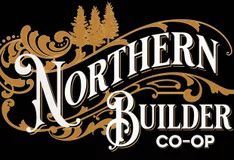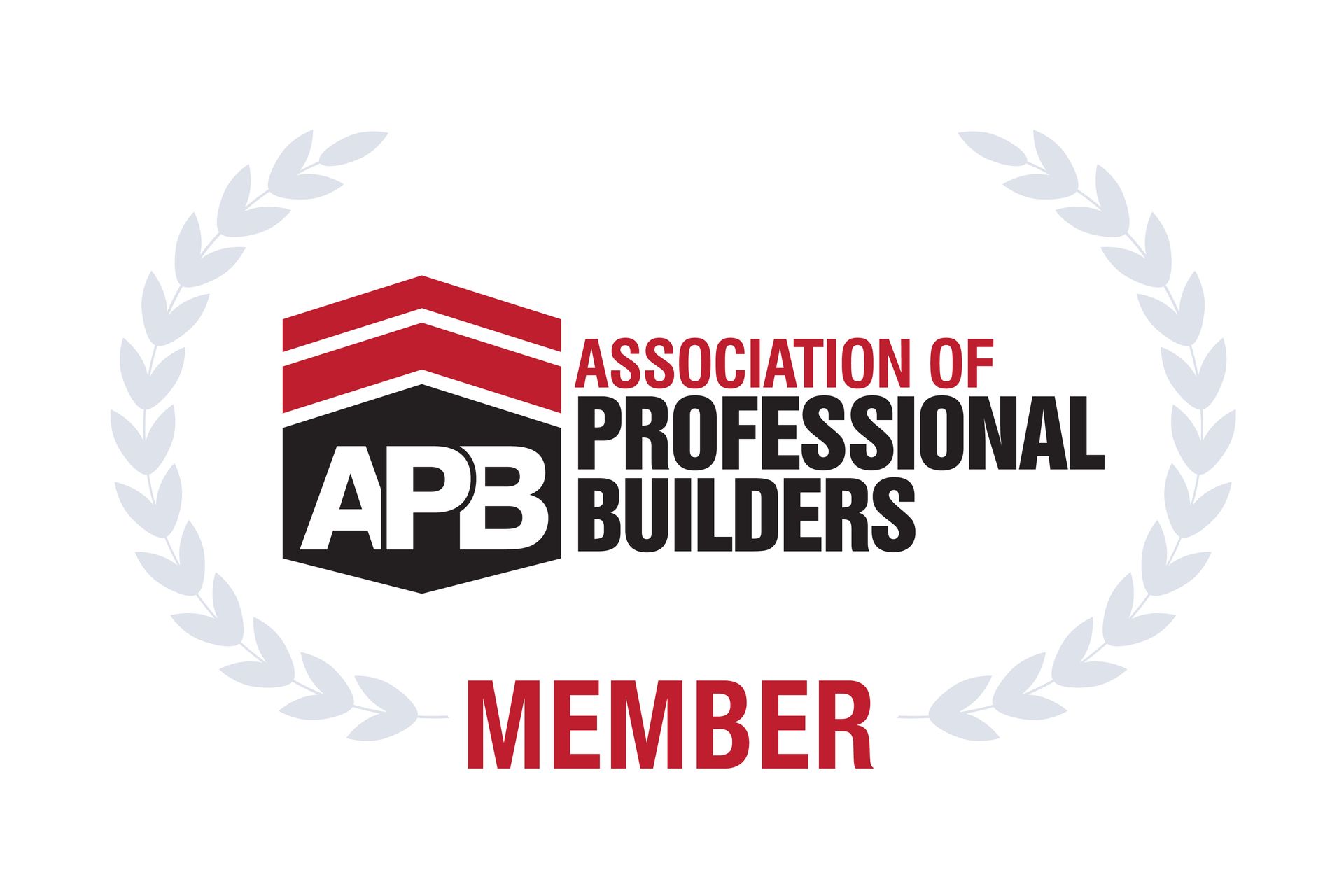Selecting a General Contractor
This is a subtitle for your new post

Selecting the right general contractor for your residential construction project is one of the most important decisions you'll make. While personal rapport is important—after all, you'll be in regular contact for months—experience, reliability, and transparency are what truly matter.
Whether you're building a new home or undertaking a major renovation, a qualified contractor ensures the process stays on time, on budget, and up to standard. Use the guide and checklist below to help evaluate potential contractors and feel confident in your hiring decision.
What to Look for in a Residential General Contractor
Residential construction requires specialized knowledge, attention to detail, and effective coordination between trades. When choosing a contractor, look for the following:
- Proper licensing and insurance for residential work
- Demonstrated experience with similar projects
- Clear and consistent communication
- Transparent budgeting and scheduling
- Strong references and a portfolio of past work
These baseline qualifications are essential, but they’re only the beginning. A thorough interview process is critical—and that’s where the checklist comes in.
Residential Contractor Interview Checklist
Use the checklist below during your initial conversations with contractors. It will help you compare qualifications, understand workflows, and ensure nothing important is overlooked.
Credentials and Experience
- ◻️ Are you licensed and insured for residential construction in this state?
- ◻️ How long have you been in business?
- ◻️ Can you provide references from recent residential clients?
- ◻️ Do you have a portfolio of similar completed projects?
Project Scope and Timeline
- ◻️ Will you provide a written, itemized estimate and detailed scope of work?
- ◻️ What is your estimated project timeline?
- ◻️ How do you handle unexpected changes or delays?
- ◻️ Who will be the primary contact throughout the project?
Project Management and Communication
- ◻️ What project management tools or software do you use (e.g., Buildertrend, CoConstruct)?
- ◻️ How frequently will I receive updates?
- ◻️ How are issues or decisions communicated—via email, phone, or through a platform?
Subcontractors and On-Site Supervision
- ◻️ Do you use in-house crews, subcontractors, or a combination?
- ◻️ How do you vet and manage subcontractors?
- ◻️ Will a site supervisor be present daily?
Budgeting, Payments, and Accounting
- ◻️ How do you manage project budgeting and expense tracking?
- ◻️ What accounting system or invoicing tools do you use?
- ◻️ What is your payment schedule?
- ◻️ Are there change order fees or penalties I should be aware of?
Permits, Inspections, and Compliance
- ◻️ Will you handle all necessary permits and inspections?
- ◻️ Are you familiar with local zoning, building codes, and HOA requirements?
Warranty and Follow-Up
- ◻️ Do you offer a warranty for your work? If so, what does it cover and for how long?
- ◻️ How do you handle post-project punch lists or warranty repairs?
Final Thoughts
Hiring a general contractor for a residential project is about more than credentials—it’s about trust, communication, and professionalism. A reputable contractor will be forthcoming with information, transparent about costs, and responsive to your questions. Don’t rush the process, and don’t hesitate to walk away if something doesn’t feel right.

